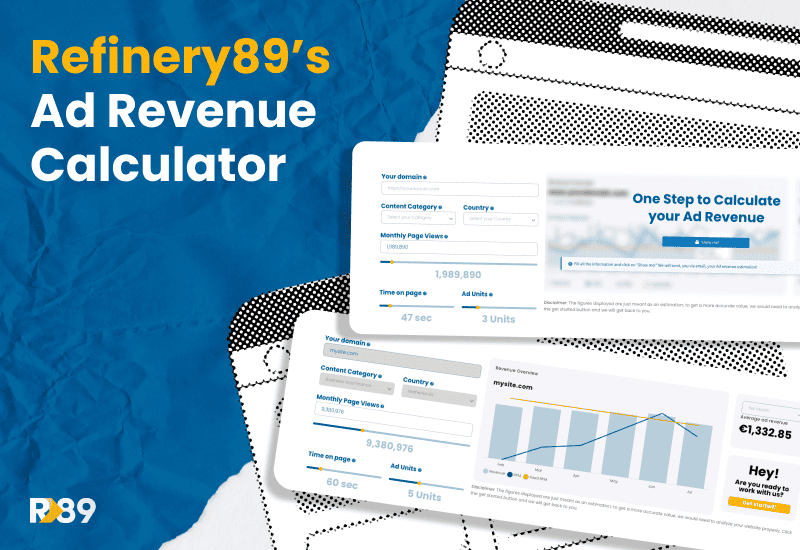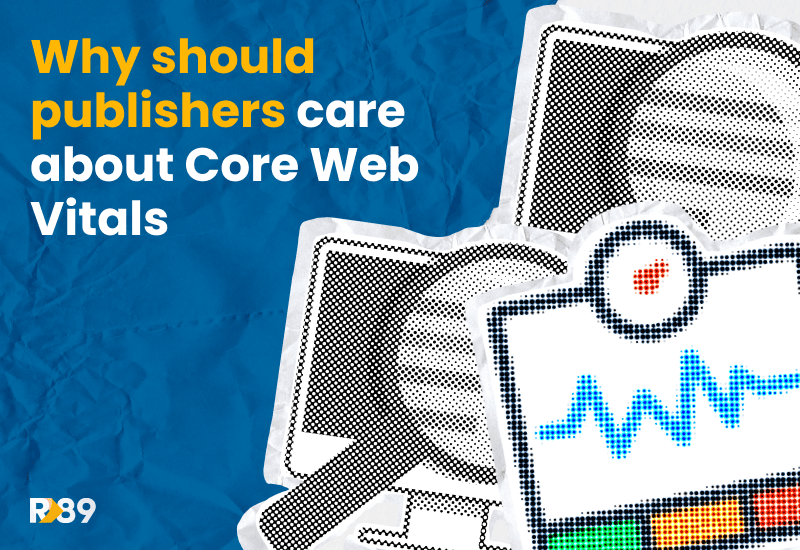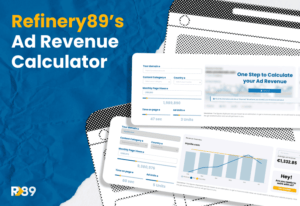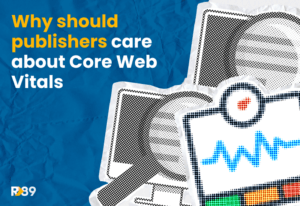Com 2025 chegando, olhamos para o novo ano. Como muitos de vocês sabem, o ecossistema digital é um mar em constante mudança e a maneira de navegar nesse negócio é abraçar essas ondas de transformação. Então, o que podemos esperar para o futuro? Não somos videntes, mas temos um CSO fantástico que está sempre à frente! Hoje, o Chief Strategy Officer da Refinery89 , Robin de Wit, compartilha algumas das tendências de publicidade programática para 2025 que continuarão a transformar a indústria como a conhecemos.
Aumento do uso de IA e Aprendizado Automatizado
Inteligência Artificial e Aprendizado Automatizado. Os temas favoritos dos últimos anos e que não vão desaparecer. Na verdade, eles continuarão ganhando usuários, já que desempenham um papel tão importante no modo de trabalhar atual. De acordo com uma previsão apresentada pela Statista, até 2025, 378,8 milhões de pessoas serão usuárias de ferramentas de IA. Esse número deve aumentar ainda mais até 2030, alcançando até 729,11 milhões de usuários.
A IA está se tornando uma ferramenta muito poderosa para criação de conteúdo, otimização de anúncios e melhoria no design criativo. Os Publishers atualmente estão incluindo sistemas como o ChatGPT em seu dia a dia para realizar uma variedade de tarefas e até mesmo como uma fonte de mecanismo de busca. Ferramentas avançadas e fáceis de usar, como PowerBi, Hotjar ou SimilarWeb , também estão se tornando ferramentas relevantes para realizar estudos de mercado, avaliar métricas e melhorar estratégias de maneira mais eficiente.
First-party data são o novo ouro.
O Google tem comunicado que, em algum momento no futuro próximo, os usuários terão que optar por permitir cookies em seus navegadores. Mas espere um minuto! O que isso significa para todos na indústria de publicidade programática? Significa que, com os third-party cookies sendo limitados, há uma necessidade iminente de encontrar uma alternativa para third-party data na publicidade
Com a política de cookies do Google Chrome seguindo ações semelhantes tomadas pelo Firefox e Safari, essa atualização está deixando todos em alerta. Os navegadores do ecossistema digital estão à procura de alternativas para os third-party data, e parece que a mudança para first-party data é o caminho a seguir.
Quais são as alternativas para a third-party data?
Use o Segmentação Contextual.
Métodos como a segmentação contextual para gerar first-party data de alta qualidade continuarão ganhando mais relevância como uma opção aos third-party data. Como explicamos em nosso artigo sobre a Tecnologia de Segmentação Orientada por Interesses da R89, a segmentação contextual é a estratégia de exibir anúncios em um site com base no contexto e no sentimento do seu conteúdo. É uma excelente alternativa não só porque está em conformidade com as regulamentações, mas também porque é muito menos invasiva para os usuários e exibe anúncios relevantes relacionados ao conteúdo que estão consumindo naquele momento.
Mova-se para o Mercado privado e para as Vendas Diretas.
Como mencionamos antes, com os third-party data sendo excluídos, os first-party data estão se tornando extremamente valiosos. Agora, os anunciantes precisam encontrar uma maneira de acessar esses first-party data. Claro, os dados podem ser revendidos por meio de DMPs (plataformas de gerenciamento de dados), mas isso reduziria seu valor. Portanto, faz sentido que os Mercados Privados e Vendas Diretas ganhem relevância, pois esses podem aproveitar os first-party data diretamente.
Fusões e Aquisições
Nos anos anteriores, testemunhamos algumas grandes fusões, aquisições e investimentos em publicidade digital, como vimos com a Outbrain e Teads no verão de 2024. Podemos esperar que essa tendência continue em 2025, com as empresas buscando consolidar seus negócios, entrar em novas áreas do ecossistema ou fortalecer suas ofertas de produtos. Normalmente, essas fusões são mantidas em segredo até que a notícia seja divulgada por meio de um comunicado à imprensa, então pode apostar que o próximo grande anúncio da indústria será uma surpresa total!
Iniciativas ecológicas e Otimização do Supply Chain
Embora ainda seja uma tendência pequena, podemos esperar ver uma crescente pressão sobre a indústria para se tornar mais ecológica por meio da otimização do Supply Chain.
No ecossistema programático e com o aumento do header bidding o número de conexões entre publishers, SSPs, DSPs e anunciantes cresceu exponencialmente nos últimos anos. Isso é ótimo para atingir o público certo, obter os melhores preços e otimizar a receita dos sites, mas tem um custo para o meio ambiente. Esse ecossistema muito elaborado exige poder de processamento, o que significa que há um aumento nas emissões de CO2, embora seja relativamente pequeno em comparação com outras indústrias.
Uma iniciativa em que as empresas estão participando para se tornar mais ecológicas é por meio da otimização da cadeia de suprimentos, introduzindo melhores práticas para reduzir a cadeia de suprimentos e eliminar chamadas desnecessárias. Menos chamadas = menos poder de processamento = menos CO2, fácil. – comenta Robin.
O desafio aqui é identificar quais conexões são necessárias e quais podem ser eliminadas. Este é um projeto que exige a supervisão de um especialista altamente qualificado. É improvável que pequenos publishers tenham o conhecimento, os dados ou o tempo para realmente realizar isso. Além disso, a emissão de CO2 deles é bem menor do que a de um grande publisher. Não faz muito sentido, por enquanto, se envolver em um projeto dessa magnitude. Por essa razão, serão os grandes publishers e os fornecedores de Network/AdTech que poderão tomar ações significativas na otimização de sua cadeia de suprimentos.
Comece 2025 com tudo.
Inteligência artificial para melhorar a eficiência, uma grande mudança para first-party data como alternativa aos third-party data e otimização do Supply Chain para um mundo mais verde são as palavras-chave para o que está por vir no futuro da indústria de publicidade programática. Fique de olho nessas tendências previsíveis para continuar refinando sua estratégia de monetização de anúncios e estar preparado para qualquer desafio que possa surgir!
Pronto para começar o novo ano com o pé direito? Entre em contato com a Refinery89 para as melhores soluções de monetização de anúncios e potencializar os resultados do seu site em 2025.










